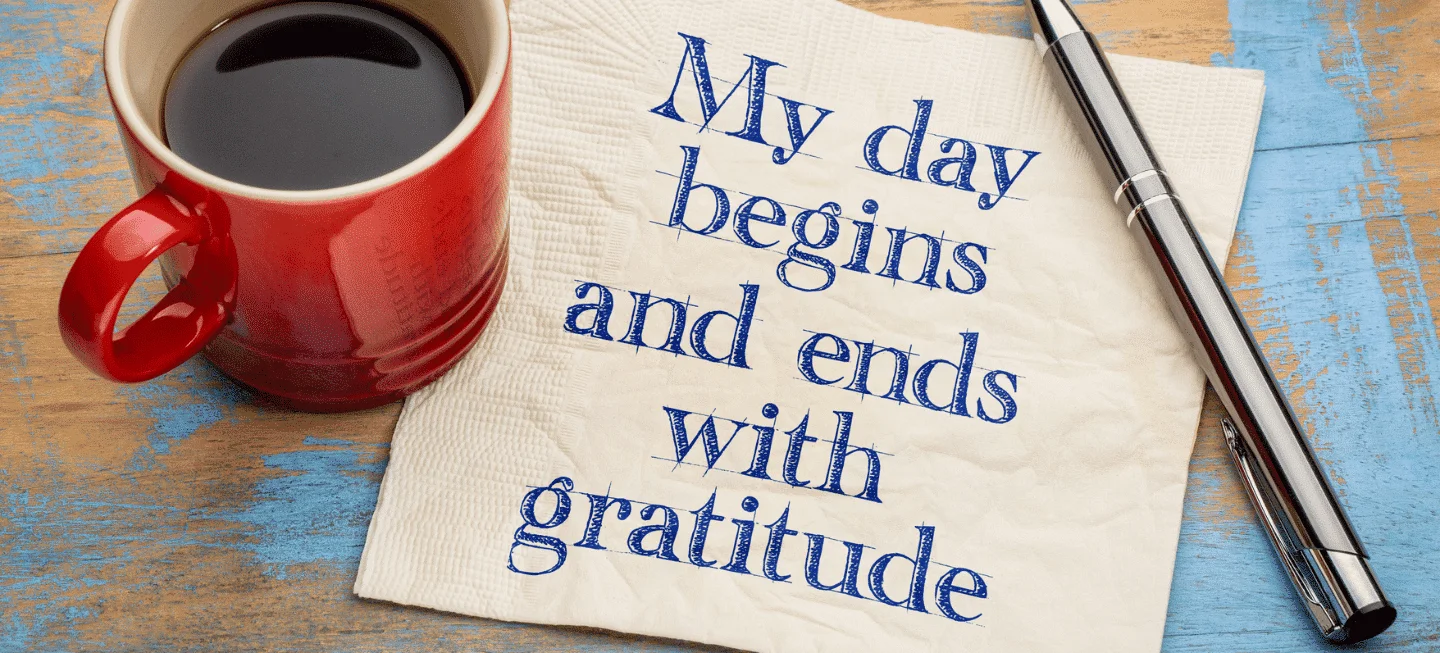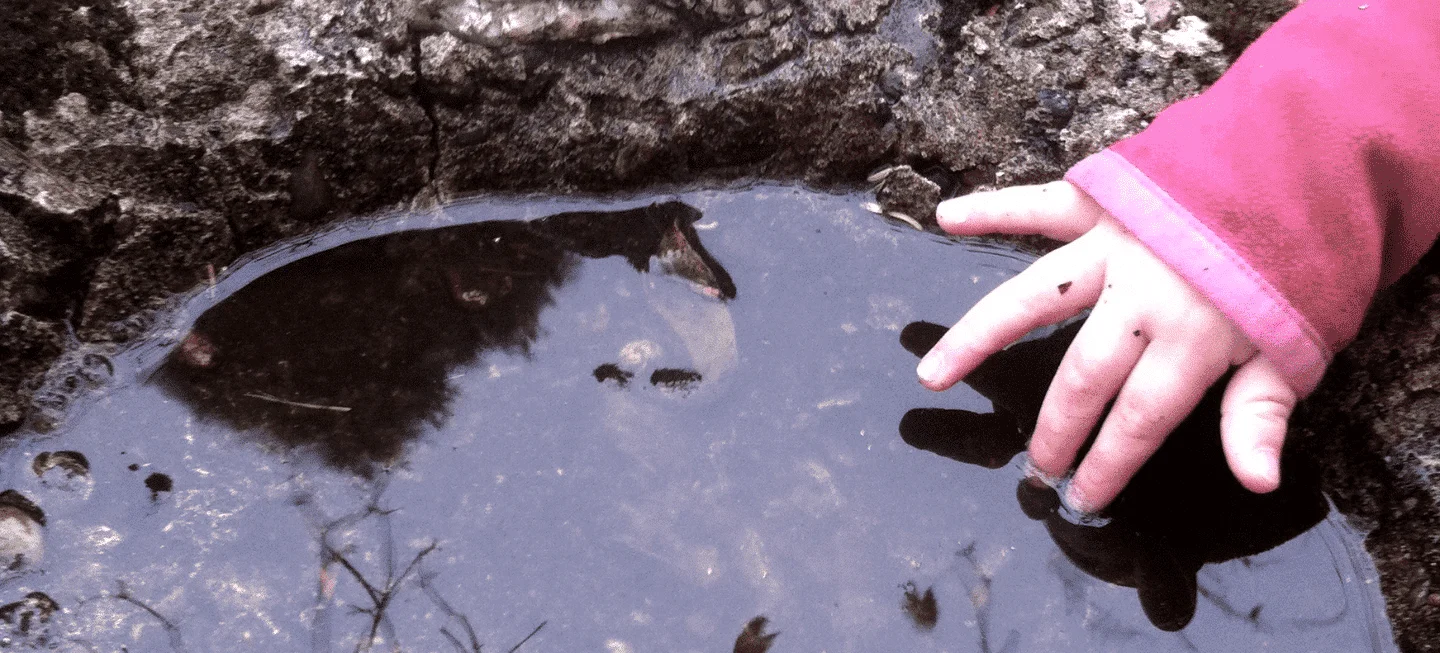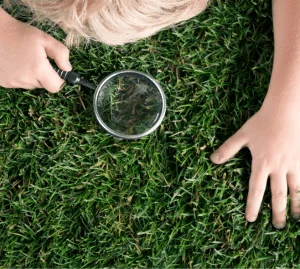We are at the time of the year where daylight is precious. The light comes and goes quickly. The days are mostly cold, overcast and dreary here in the Northern Hemisphere. This time of year is one of introspection. A looking inward, and outward. A questioning about our life and how we see the world.
Past and future
This is the time of year when we reflect on the past and turn towards the future. We anticipate the light returning and with it, brighter skies and warmer days. We consider what we want for the upcoming year. The past and the future both lie before us. We look for ways to change; ourselves and circumstances. Gratitude is the spark. It can ignite the kindling in our hearts and souls. It can feed the flame, turning it into an incredible bonfire of warmth. A fire that warms us and the world around us. The fuel for the fire is our thoughts; how we perceive the world around us. A spark, a bit of fuel, and our world can change dramatically. Gratitude is a feeling that spontaneously emerges from within. It can be joyful, tearful, playful and so much more. However, it is also a choice we make.
Benefits
There is much written about gratitude and its benefits. The benefits are pretty clear. Being grateful can shape your day into one of peacefulness and calm. This simple act can reduce stress, free you from anxiety, block negative emotions, help you sleep better, improve your physical health, offer hope and help you understand what truly matters to you. It can change your life.
Gratitude can change others around you too. It is as if those around you catch a bit of the flame you experience and express, and it warms them as well. One grateful thought and/or expression has the potential to change so much.
Practice
Since it has been talked about so much, we can say, "Ahhh, yes, that makes sense." But, do we actually practice gratitude. The answer is often between "Yes" and "No." Some days gratitude is easy, some days forgotten completely and some days it seems impossible to find anything to be grateful for. Some days, we would rather just be grumpy and "rain on the world." As they say in the US, it is easy "to fall off the bandwagon." Yet the days one does practice, a change can be seen and felt. The world becomes more sparkly and vibrant. It is as though our lens to the world has been cleared of fog. Just one moment of gratitude can change your perspective. And this change in perspective seems to creep into the following days as well.
So how to make gratitude a practice? It takes a bit of effort maybe but can be fun as well. You can put notes on what you are grateful for in a bowl, on the refrigerator, use sticky notes on your mirror, create a board, write in a journal or "notes to self" on whatever is handy. You can add drawings, photos, clippings and more. Add things you find in nature, a bright leaf, stone, pinecone...
Every day, week and month can bring both new things and some of the same. It is amazing to go back and look at what you have created, a physical trail of your changing perspective and world. On difficult days, observation of past gratitude can spark the fuel in your heart once again.
Being ill and gratitude?
Can we be grateful for our own life and health? Even when we are down with "the crud" or something more serious, our cells and organs keep working for balance. Often taken for granted when we are well, we assume and expect that our body will just keep functioning as it should. Is it possible to be grateful both in health and illness for the amazing wonder of our body?
Through gratitude you may find a peaceful place within, bring joy to your life and witness the abundance in your world. Gratitude is one of the rungs on the ladder of well-being.
Sometimes we need more support.
Recently a massage therapist, a healthy and vibrant person, called one of us and said she was down with a nasty "something." She asked to meet in a parking lot with some of the "magic water" for a hand off. That evening she wrote how grateful she was, "I've been taking the Recover drops since 11am and I already feel better."
This is why Bengs exist-to offer another potential rung on the ladder of well-being.





 Stimulate your curiosity. Go to the park or to the woods. Get down on your knees and look intently at a small piece of ground. Let yourself be surprised by the beauty of that mini-universe. Little plants, little grasses, little stones, little animals…. Let yourself be amazed by something so ordinary.
Stimulate your curiosity. Go to the park or to the woods. Get down on your knees and look intently at a small piece of ground. Let yourself be surprised by the beauty of that mini-universe. Little plants, little grasses, little stones, little animals…. Let yourself be amazed by something so ordinary.